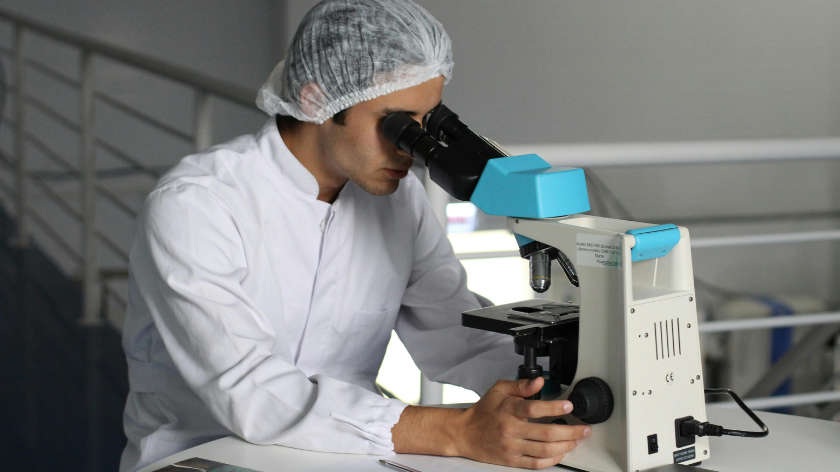
Many people hope that varicose veins will disappear on their own, but is that really possible?
In this article, we debunk some common myths about varicose veins and discuss what actually helps keep your legs healthy.
Myth 1: Varicose veins disappear on their own
Varicose veins are caused by weakened valves in the veins, leading to blood pooling and vein enlargement. Unfortunately, varicose veins do not heal on their own. Without treatment, they can worsen over time, causing symptoms like pain, swelling, and heaviness in the legs.
Myth 2: Only older people get varicose veins
Although varicose veins are more common as people age, younger individuals can also develop them. Factors such as genetics, pregnancy, being overweight, and prolonged standing can lead to varicose veins at a young age. Additionally, conditions like venous insufficiency can affect circulation. Read more in our article about why are my veins so visible to understand how circulation issues can lead to visible veins.
Myth 3: Varicose veins are just a cosmetic issue
Many people think varicose veins are only an aesthetic concern, but that is not always the case. Varicose veins can cause discomfort such as itching, cramps, and heaviness in the legs. In some cases, untreated varicose veins can even lead to complications. If you’re wondering, do varicose veins itch, you may already be experiencing one of the lesser-known symptoms.
When should you see a specialist?
If your varicose veins are getting larger, causing pain, or making your legs swell regularly, it’s best to consult a specialist. Early treatment can prevent further complications and improve your quality of life.
Don’t wait: Get your varicose veins treated
Varicose veins won’t disappear on their own, but you can take action today. Schedule a consultation and find out which treatments are right for you.















